Vegetable oil is a broad term used to refer to any type of oil derived from plant sources. It is a general category that includes oils extracted from various parts of plants, such as seeds, nuts, or fruits. Vegetable oils are primarily used for culinary purposes, but they also have industrial applications.
The term "vegetable oil" does not refer to a specific oil but rather encompasses a wide range of oils with different characteristics and sources. Some commonly used vegetable oils include soybean oil, canola oil, sunflower oil, palm oil, olive oil, corn oil, sesame oil, and coconut oil.
Table of Contents
Different uses of vegetable oil
Vegetable oil has a wide range of uses. Here are some of the different uses of vegetable oil:
- Cooking and Frying: Vegetable oil is commonly used for cooking, frying, and deep-frying due to its high smoke point. It helps in achieving crispy and delicious results when preparing various dishes.
- Salad Dressings and Marinades: Vegetable oil serves as a base for making salad dressings, vinaigrettes, and marinades. It helps to provide a smooth texture and carries flavors effectively.
- Baking: Vegetable oil is frequently used in baking recipes, such as cakes, cookies, muffins, and bread. It adds moisture, enhances texture, and helps in achieving a tender crumb in baked goods.
- Food Processing: Vegetable oils are widely used in the food processing industry for various purposes. They serve as ingredients in the production of snacks, processed foods, margarine, mayonnaise, sauces, dressings, and other food products.
- Sauces and Condiments: Vegetable oil is used in the production of sauces, condiments, and spreads. It helps to improve texture, provide a smooth consistency, and act as a carrier for flavors.
- Non-Dairy Alternatives: Vegetable oils, such as soybean oil, can be used as a base for non-dairy alternatives like plant-based margarine and butter substitutes.
- Cosmetics and Personal Care Products: Vegetable oils are commonly found in cosmetic and personal care products due to their moisturizing and emollient properties. They can be used in lotions, creams, lip balms, soaps, and hair care products.
- Biofuel Production: Certain vegetable oils, like soybean oil and palm oil, are used in the production of biodiesel, a renewable and environmentally friendly alternative to fossil fuels.
- Lubricants: Vegetable oils can be used as lubricants in various industrial applications. They are often preferred for their biodegradability and non-toxic nature.
- Candle Making: Some vegetable oils, such as soybean oil, can be used in candle making as an alternative to traditional paraffin wax. They offer a cleaner and longer-burning option.
It's important to note that different types of vegetable oils may have varying suitability for specific applications due to their individual characteristics, such as flavor, smoke point, and stability.
Nutritional facts and health benefits of consuming vegetable oil
The nutritional facts and health benefits of consuming vegetable oil vary depending on the specific type of oil. However, here are some general aspects to consider:
- Fat Content: Vegetable oils are high in fat, providing a concentrated source of calories. They are primarily composed of different types of fatty acids, including saturated fats, monounsaturated fats, and polyunsaturated fats.
- Unsaturated Fats: Many vegetable oils are rich in monounsaturated and polyunsaturated fats, which are considered healthier than saturated fats. These fats have been associated with several health benefits, including improved heart health, reduced LDL (bad) cholesterol levels, and increased HDL (good) cholesterol levels.
- Omega-6 Fatty Acids: Some vegetable oils, such as soybean, sunflower, and corn oil, are high in omega-6 fatty acids. While omega-6 fatty acids are essential for the body, excessive intake relative to omega-3 fatty acids may lead to an imbalance in the omega-6 to omega-3 ratio, which is associated with inflammation. It's important to maintain a balanced intake of omega-6 and omega-3 fatty acids.
- Vitamin E: Certain vegetable oils, like wheat germ oil and sunflower oil, are rich in vitamin E, a powerful antioxidant. Vitamin E plays a vital role in protecting cells from damage caused by free radicals, supporting immune function, and promoting skin health.
- Plant Compounds: Some vegetable oils contain plant compounds with potential health benefits. For example, olive oil is known for its high content of phenolic compounds, which have antioxidant and anti-inflammatory properties.
- Cooking and Heart Health: Vegetable oils with high smoke points, such as canola, sunflower, and safflower oil, are suitable for cooking methods like frying, as they can withstand higher temperatures without breaking down and producing harmful compounds. Substituting saturated fats with healthier vegetable oils has been linked to improved cardiovascular health.
- Moderation and Balance: While vegetable oils can provide health benefits when consumed in moderation and as part of a balanced diet, it's important to be mindful of overall fat intake. Excessive consumption of any type of oil, even healthy vegetable oils, can contribute to an increased caloric intake, which may lead to weight gain if not compensated with appropriate portion control.
It's worth noting that the health effects of vegetable oils can vary depending on the specific type, quality, processing methods, and individual dietary needs. It's always recommended to consult with a healthcare professional or registered dietitian for personalized advice based on your specific health goals and requirements.
Tips on choosing the right type of vegetable oil for cooking
When choosing the right type of vegetable oil for cooking, consider the following tips:
- Smoke Point: Different vegetable oils have varying smoke points, which is the temperature at which they start to smoke and break down, leading to the release of harmful compounds and a burnt taste. For high-heat cooking methods like frying, choose oils with high smoke points such as canola, safflower, sunflower, or peanut oil. For lower heat cooking or salad dressings, oils like extra virgin olive oil or avocado oil can be used.
- Flavor: Consider the flavor profile of the oil and how it will complement the dish you are preparing. For example, extra virgin olive oil has a distinctive flavor that works well in Mediterranean dishes, while sesame oil adds an aromatic touch to Asian cuisine. Neutral-tasting oils like canola or grapeseed oil are versatile and suitable for a wide range of recipes.
- Nutritional Profile: Pay attention to the nutritional composition of the oil, including the type and amount of fats it contains. Opt for oils that are higher in monounsaturated or polyunsaturated fats, which are considered healthier than saturated fats. Examples of oils with favorable fatty acid profiles include olive oil, canola oil, avocado oil, and peanut oil.
- Processing Methods: Consider whether the oil has undergone extensive refining processes or if it is minimally processed. Cold-pressed or extra virgin oils are generally less refined and retain more natural flavors and nutrients compared to highly refined oils.
- Quality and Source: Choose oils from reputable brands or sources to ensure quality and authenticity. Look for oils that are labeled as 100% pure and derived from the stated plant source.
- Dietary Restrictions: If you have dietary restrictions or specific health concerns, such as allergies, sensitivities, or a need for a specific nutrient profile, consult with a healthcare professional or registered dietitian to determine the best oil options for your needs.
- Storage and Shelf Life: Consider the stability and shelf life of the oil. Some oils, like refined oils, have a longer shelf life and can withstand higher temperatures, while others, like unrefined oils, may have a shorter shelf life and be more prone to oxidation. Store oils properly in a cool, dark place to maintain their quality.
It's important to note that individual preferences and dietary needs may vary, so it's advisable to experiment and find the oils that work best for your cooking style and taste preferences.
Common mistakes to avoid when using vegetable oil in cooking
When using vegetable oil in cooking, it's essential to be mindful of certain common mistakes to ensure optimal results and safety. Here are some mistakes to avoid:
- Using the wrong oil for the cooking method: Different oils have different smoke points, and using an oil with a low smoke point for high-heat cooking methods like frying can result in the oil breaking down, smoking, and imparting an unpleasant taste to the food. Make sure to choose an oil with a high smoke point, such as canola oil or peanut oil, for frying or other high-heat cooking methods.
- Overheating the oil: Heating oil beyond its smoke point can lead to the production of harmful compounds and the degradation of the oil's quality. It's important to monitor the temperature of the oil while cooking and avoid overheating it. Use a kitchen thermometer if necessary to ensure the oil stays within the appropriate temperature range.
- Reusing oil excessively: Reusing oil multiple times can lead to the accumulation of impurities, breakdown of the oil's quality, and the development of off-flavors. While some oils can be reused, it's important to follow guidelines for oil reuse and discard the oil when it becomes dark, has an unpleasant odor, or shows signs of deterioration.
- Storing oil improperly: Vegetable oils should be stored in a cool, dark place to protect them from light, heat, and air, which can cause oxidation and rancidity. Avoid storing oil near the stove or other sources of heat. Proper storage helps maintain the quality and shelf life of the oil.
- Not considering flavor profiles: Different oils have distinct flavors that can impact the taste of the dish. Using an oil with a strong flavor in a delicate recipe may overpower the other ingredients. Consider the flavor profile of the oil and choose one that complements the dish you are preparing.
- Using expired or rancid oil: Check the expiration date on the oil container and avoid using oil that has expired. Additionally, be vigilant about signs of rancidity, such as a strong, unpleasant odor or a bitter taste. Rancid oil should be discarded as it can negatively affect the taste and quality of your food.
- Neglecting portion control: While vegetable oils can be a part of a healthy diet, it's important to practice portion control. Oils are calorie-dense, and excessive consumption can contribute to weight gain. Use oils in moderation and be mindful of the amount you use in recipes.
By avoiding these common mistakes, you can ensure better cooking outcomes and maintain the quality of your vegetable oil.



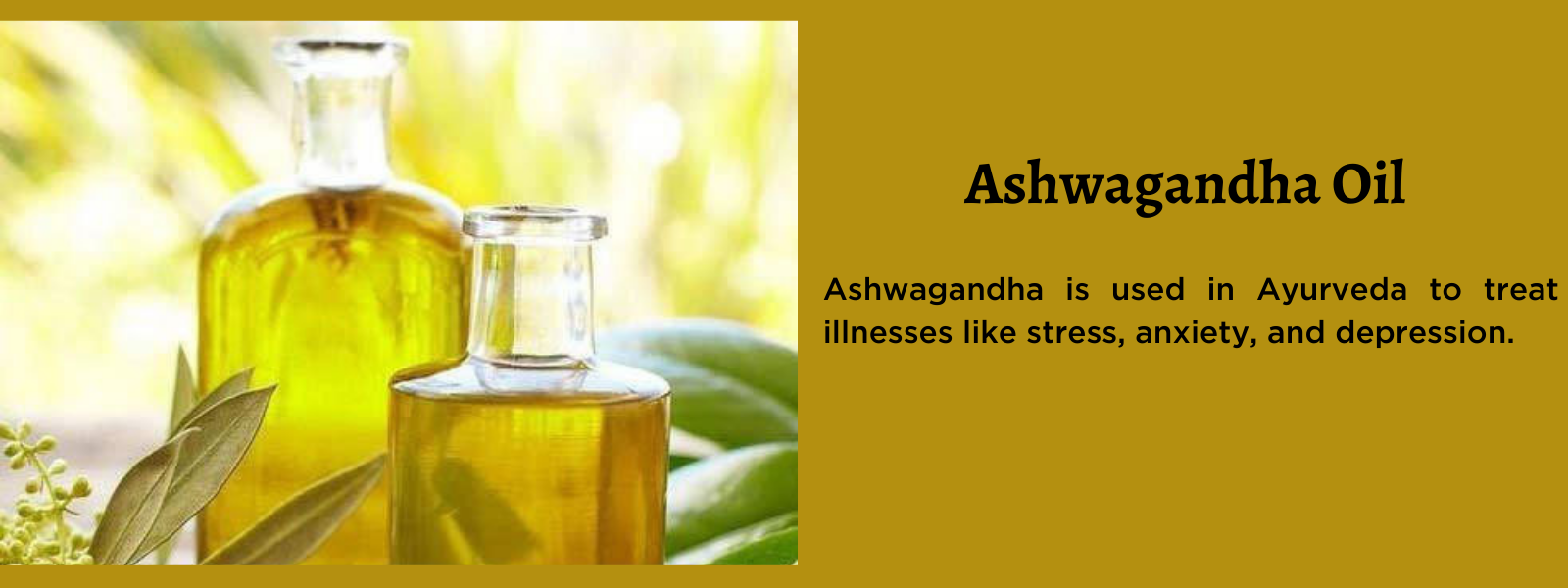
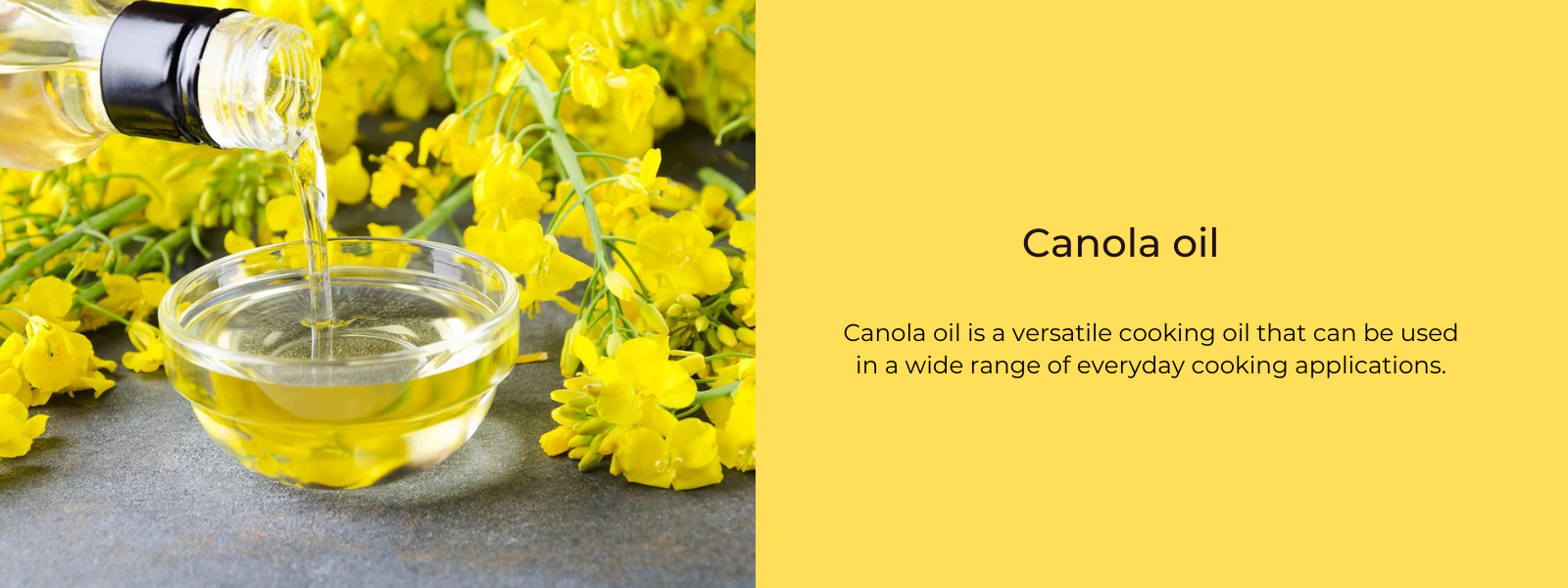
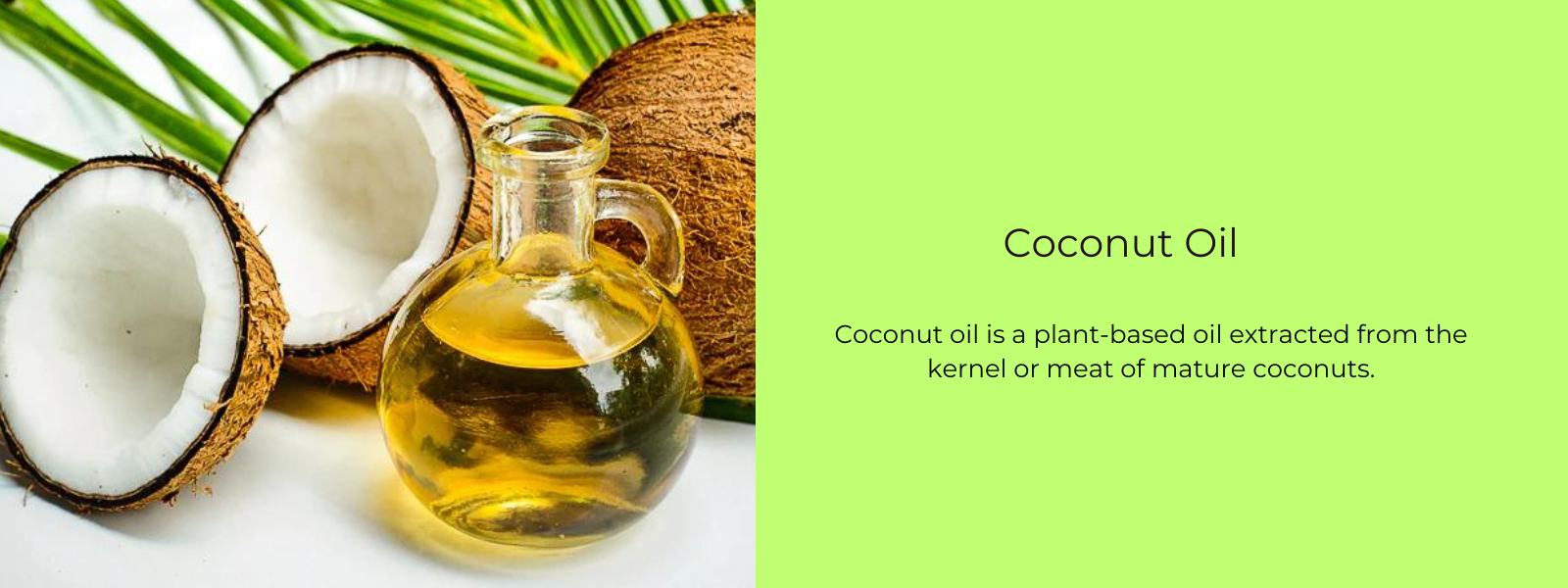
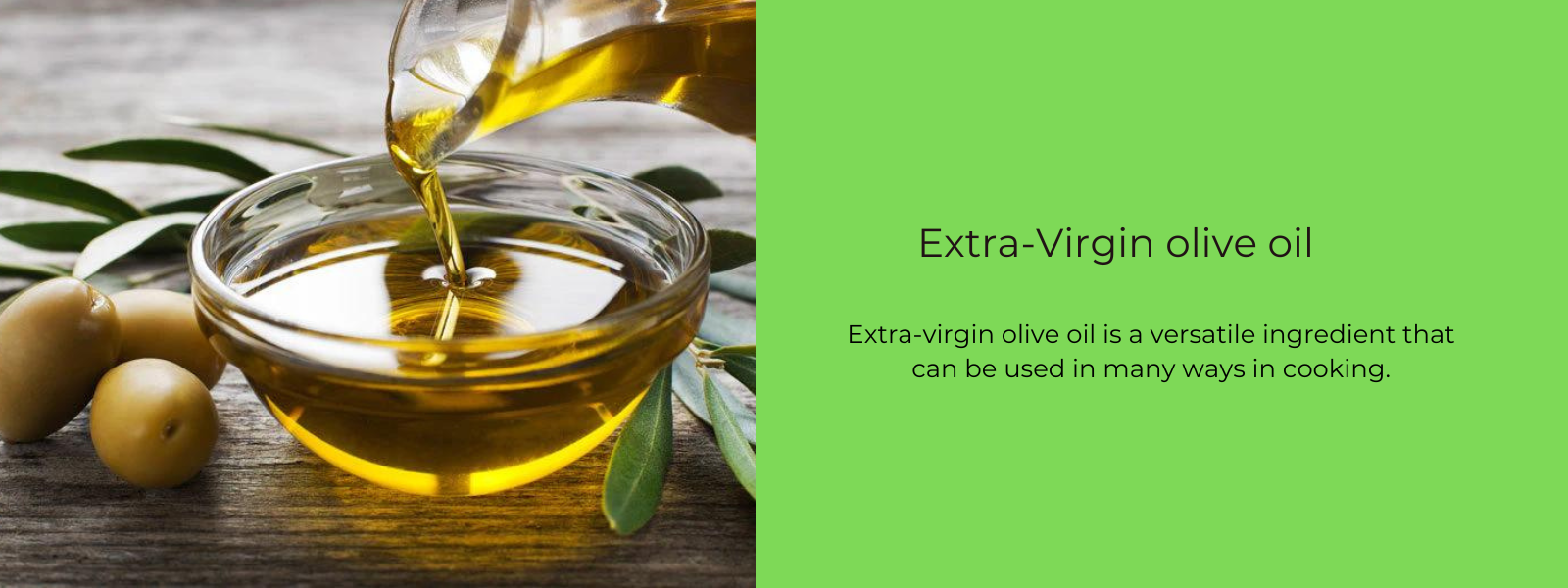

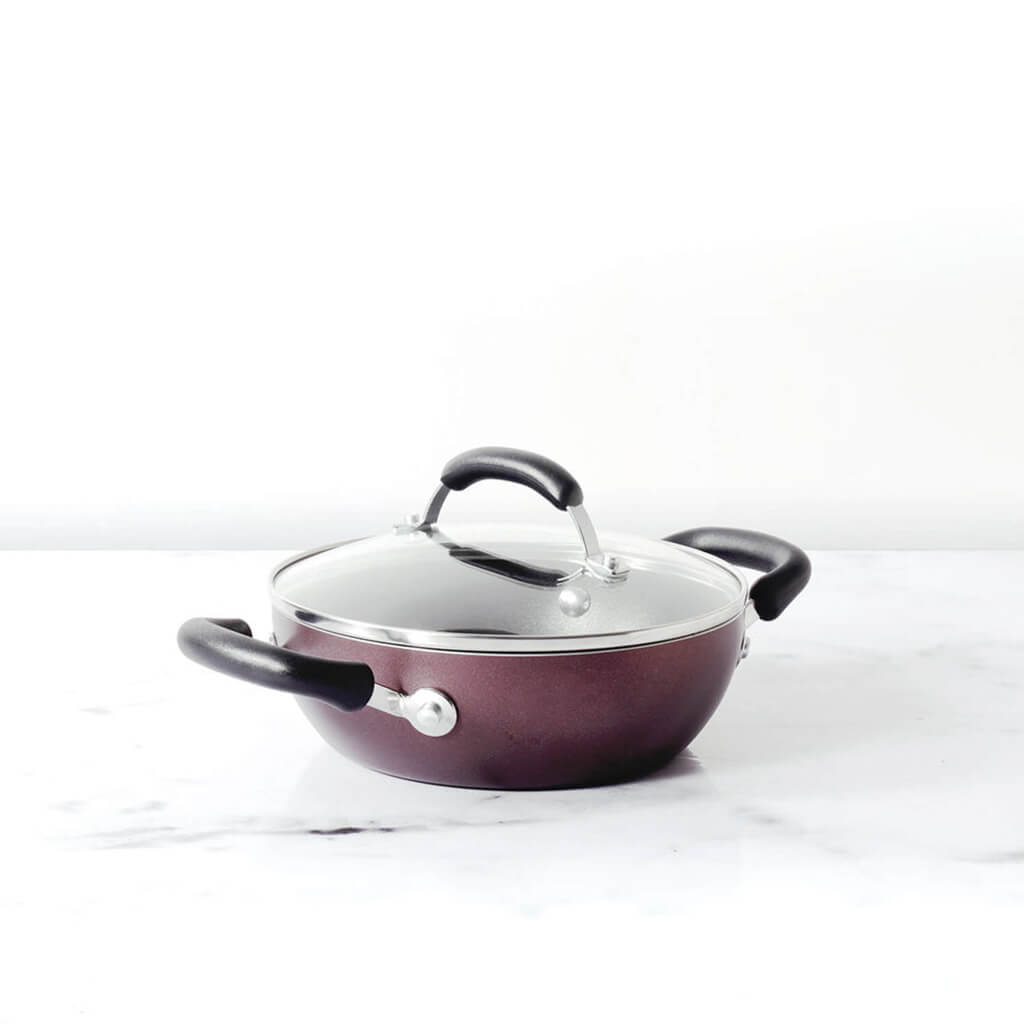




Leave a comment